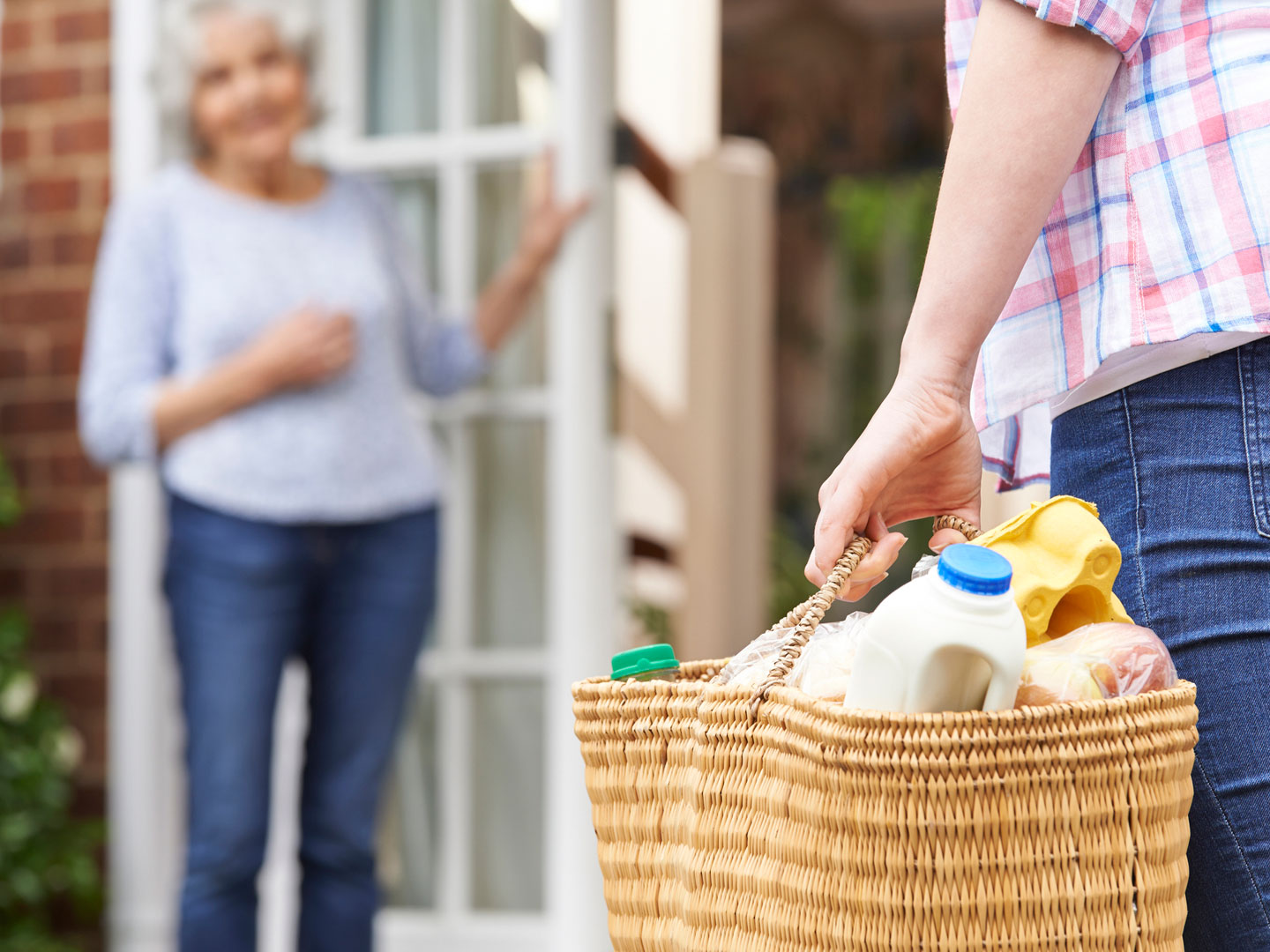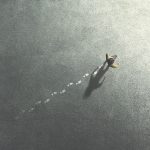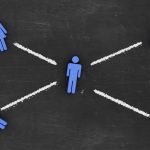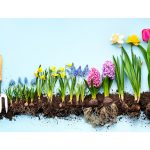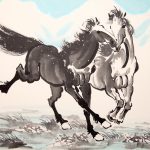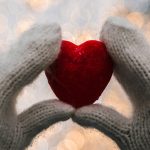The Legacy Of Community
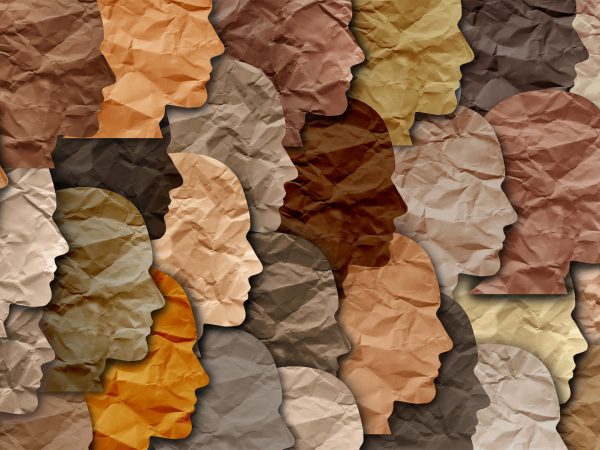
Reflection:
While I was searching for a meaningful topic for the October, 2020 Legacy Tips & Tools, I knew I’d found it when I read Kate Murphy in The NY Times. On September 1, 2020 she wrote, “We humans are an exquisitely social species, thriving in good company and suffering in isolation. More than anything else, our intimate relationships, or lack thereof, shape and define our lives.”
After sheltering-in-place for more than six months to avoid contracting or communicating COVID-19 to our loved ones, we know Murphy’s words to be true deep within ourselves even if we’ve not spoken the words aloud.
In my studies about veterans and “moral injuries” I read Sebastian Junger. In his book, Tribe: On Homecoming and Belonging he discussed a theory of Charles Fritz’s from his book: Disasters and Mental Health.
Fritz’s theory was that modern society has gravely disrupted the social bonds that have always characterized the human experience, and that disasters thrust people back into a more ancient, organic way of relating. Disasters, Fritz proposed, create a “community of sufferers” that allows individuals to experience an immensely reassuring connection to others. “As people come together to face an existential threat, class differences are temporarily erased, income disparities become irrelevant, race is overlooked, and individuals are assessed simply by what they are willing to do for the group. It is a kind of fleeting social utopia that is enormously gratifying to the average person and downright therapeutic to people suffering from mental illness.” Surely the 2020 pandemic counts as a disaster that creates a “community of sufferers,” although we’ve been unable to come together in person yet to ‘experience an immensely reassuring connection to others’ – to experience the ‘social utopia that is enormously gratifying and therapeutic.’ But we know it to be true as we know experientially the opposite, the loss of community, that the pandemic has wrought.
On the other hand, “Necessity is the mother of invention,” and we’ve been highly creative to experience community through technology (think of what these months would have been like without being ‘with others’ on Zoom), sharing “air hugs” and making phone calls to combat loneliness.
Community is first of all a quality of the heart. It grows from the spiritual knowledge that are alive not for ourselves but for one another. Community is the fruit of our capacity to make the interests of others more important than our own. The question, therefore, is not ‘How can we make community?’ but, ‘How can we develop and nurture giving hearts?’
– Henri Nouwen
Taking Action:
- Take time to reflect on the difference between ‘tribe’ and tribalism (which has polarized our country even before COVID) and love. Philosopher, Micah Goodman, in a recent podcast suggests that the opposite of community is tribalism. He defines tribalism as individuals united in shared hate, while community is united by love.
“…aim to build community, to transcend boundaries, to love differences, and to marvel in similarities.”
– Brain Pickings 2020
- Muse and write for 15-30 minutes, about your personal need for community (as clarified by losing it to the COVID pandemic). Delve deep to find words to express your personal feelings about community and how you feel about its loss.
We were born to unite with our fellow men, and to join in community with the human race.
– Cicero
- After you’ve written for yourself, consider writing a legacy letter to future generations, sharing your learning during the pandemic about the meaning of community and humans’ need for love. Remember to close your legacy letter with a blessing that comes from your depth of understanding about community.
May this uncertain time increase your understanding of our need for community, and for love. May a new understanding about balancing self-actualization and commitment to community be a gift to you from this pandemic, and to those who come after you.
– Rachael Freed
Rachael Freed, LICSW, senior fellow, Earl E. Bakken Center for Spirituality & Healing, University of Minnesota, is the author of Your Legacy Matters, Women’s Lives, Women’s Legacies: Passing Your Beliefs & Blessings to Future Generations and Heartmates: A Guide for the Partner and Family of the Heart Patient. Rachael can be found at [email protected] and www.life-legacies.com





